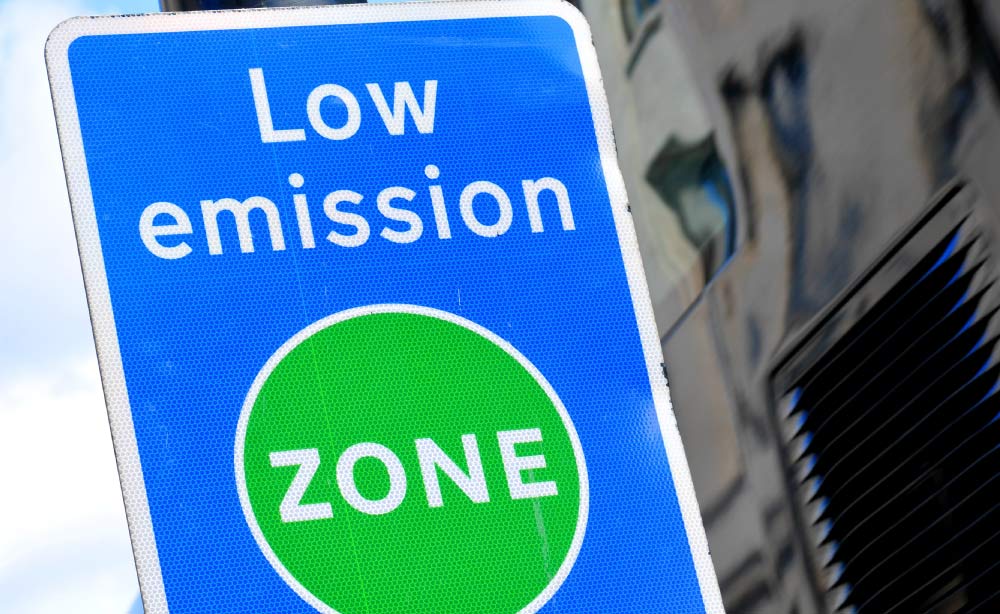Barely a week goes by without air quality being in the news. What’s been concerning me is how in recent months, much of the media coverage has been about regulation and compliance. Just last week, the UK along with France, Germany, Italy, Hungary, and Romania, has been referred to the European Court of Justice for failing to tackle illegal levels of air pollution. This is on top of numerous legal issues that the UK has faced, having lost 3 times in the High Court to action taken by Client Earth.
It goes without saying, at EMSOL we agree with the goal of improving air quality in our towns and cities. What we disagree with, however, is the blunt use of legislation to force the issue, when working with the market achieves much greater results.
A similar point was made at the Microlise Conference on Wednesday this week, by Duncan Buchanan Policy Director at the Road Haulage Association. He criticised the current local authority rush to introduce clean air zones. Whilst well-intentioned, it looks like these will replicate London’s Low and Ultra Low Emission Zones – based on a Euro engine standard.
As many civil servants know, regulation should be used as a last resort. But sometimes the political desire to be seen to be doing something now results in suboptimal solutions that don’t offer value for money.
Before being forced down the regulatory route, there’s much more that can be done to achieve lasting change to improve air quality. Local authorities have the opportunity to work with the market to deliver solutions that are effective and have lasting local impact. Using procurement is an excellent way of working with the market, not regulating against it, and can be used to embed environmental performance criteria into contracts, using real-world testing.
A great additional benefit of this approach is it allows well-maintained and driven vehicles with older engines to be proven fit for purpose. A recent real-world emissions study of 200 cars by Emissions Analytics showed the best Euro V vehicle was seven times better than the worst Euro VI.
Clean air zones using Euro standards will force fleet operators to replace relatively new vehicles that are actually clean if operated correctly. They have to purchase more costly vehicles that may not perform as well. This poses a real threat to the very large number of smaller fleet operators, who may not be able to re-assign vehicles or afford early vehicle renewal to satisfy these requirements, creating a perfect storm to drive them out of business.
It’s sometimes said that there are two ways to make companies do things; to make it law or to make it profitable. Laws, whilst often well-intentioned, can lead to high enforcement costs and unforeseen consequences such as driving operators out of business or shifting freight to smaller vehicles that worsens congestion and potentially worsening air quality. A good market-led solution, in contrast, has staying power and can lead to lasting change through industry collaboration.

